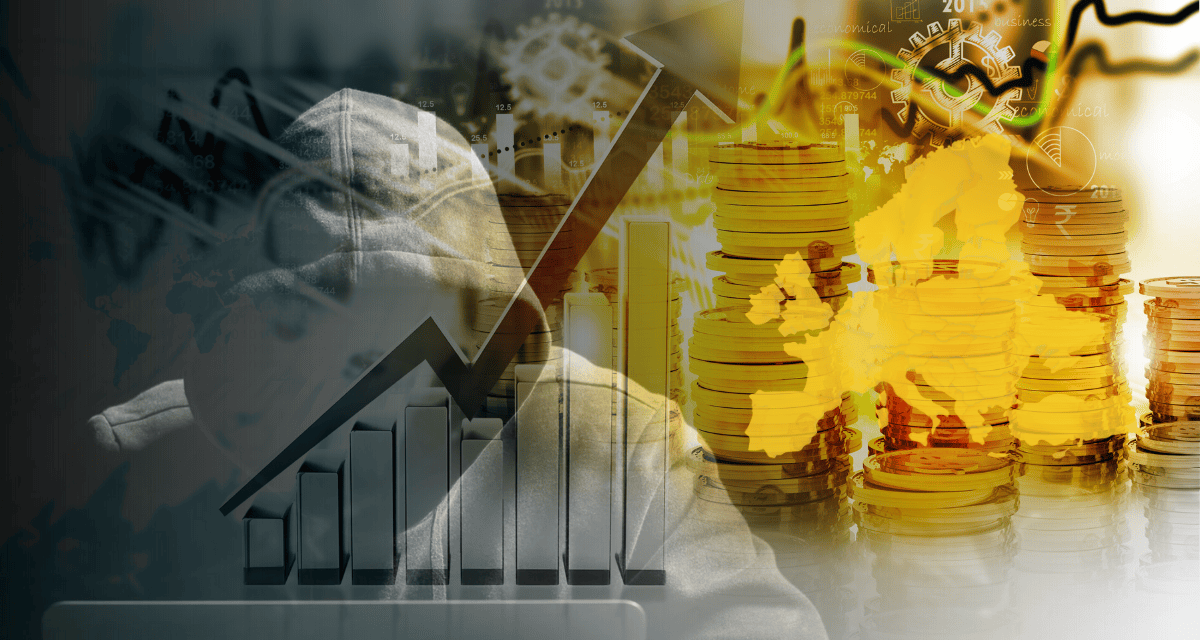The bloc’s Digital Services Act is being brought to bear in light of ballooning fraud and consumer safety concerns.
The European Union has formally questioned tech giants Apple, Google, Microsoft, and Booking.com about their efforts to tackle online financial scams, citing ballooning costs of digital fraud and growing concerns over consumer safety.
The information requests, issued under the EU’s new Digital Services Act (DSA), reflect the bloc’s intent to pressure major internet platforms into stricter policing of scam content, including fake banking apps, bogus listings, and search results promoting fraudulent schemes.
The EU is also investigating other major platforms, including Facebook, Instagram, TikTok, and X, as part of ongoing DSA enforcement. While the latest moves do not immediately imply legal violations, they signal a tougher stance against financial crime online and could reshape how digital platforms police scam content.
According to EU tech chief Henna Virkkunen, financial scams are a fresh enforcement priority as AI has made online deception both more complex and harder to detect. Fraud losses in Europe now exceed €4bn annually, impacting victims emotionally as well as financially.
The EU’s inquiry focuses on vulnerabilities in app stores (such as App Store and Google Play), which have been exploited by scammers to distribute fraudulent banking apps. Search engines are being scrutinized for surfacing misleading links, while Booking.com faces questions about its controls against fake accommodation listings.
The DSA requests could lead to official investigations and, if big tech firms are found lacking, could be fined up to 6% of their global annual turnover. The firms involved have all stated their commitment to fighting fraud and supporting constructive dialog. Booking.com claims recent improvements reduced fake reservation attempts from 1.5 million to 250,000 over the past year.
This regulatory push comes amid escalating US-EU technology tensions. US President Donald Trump has warned of punitive tariffs against countries that impose new rules on American tech firms. Despite criticisms of the DSA as censorship, EU officials maintain the law only extends the same standards applied to illegal activity in the physical world to the internet.

















